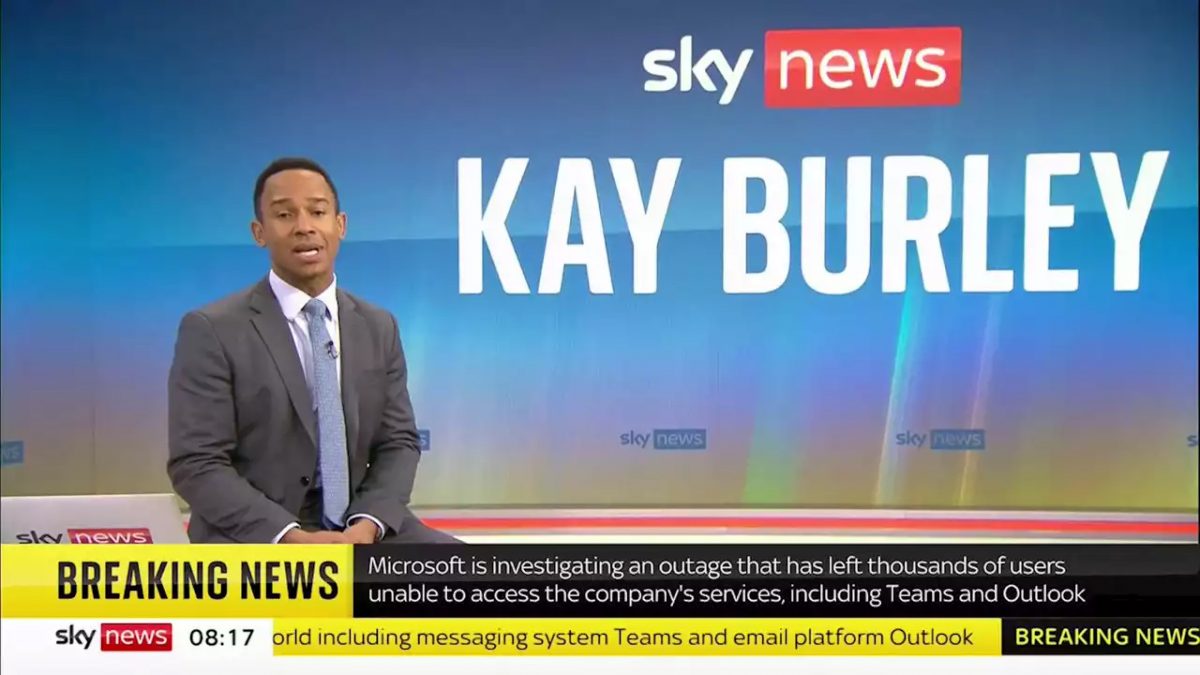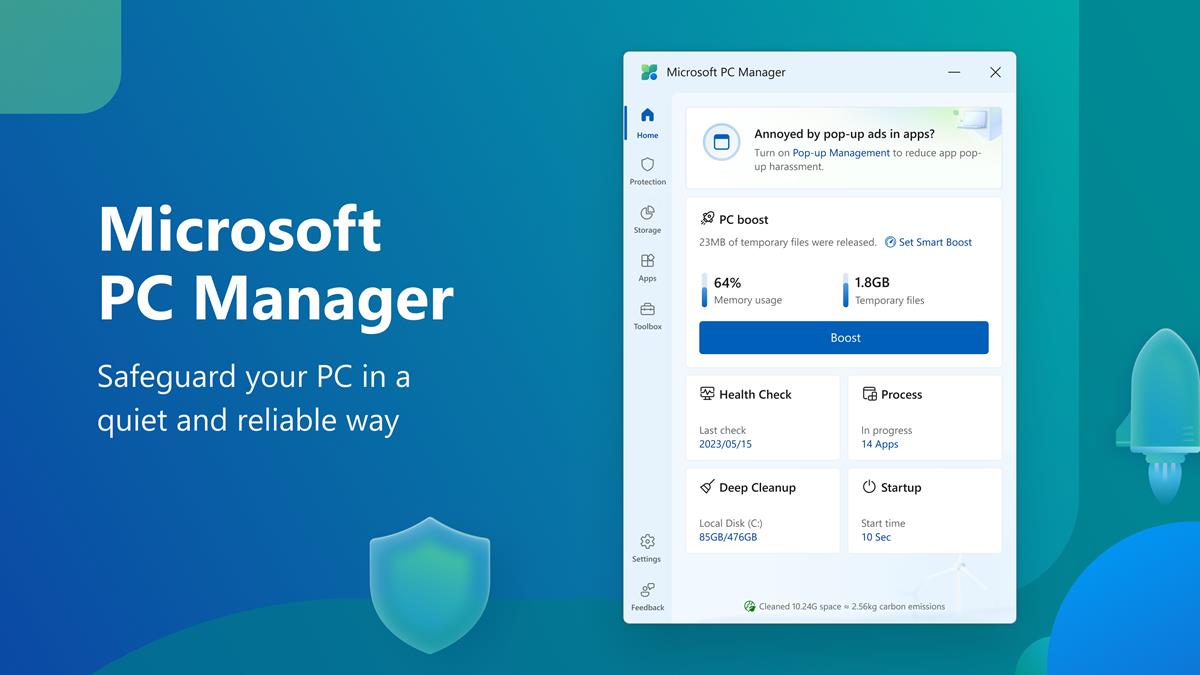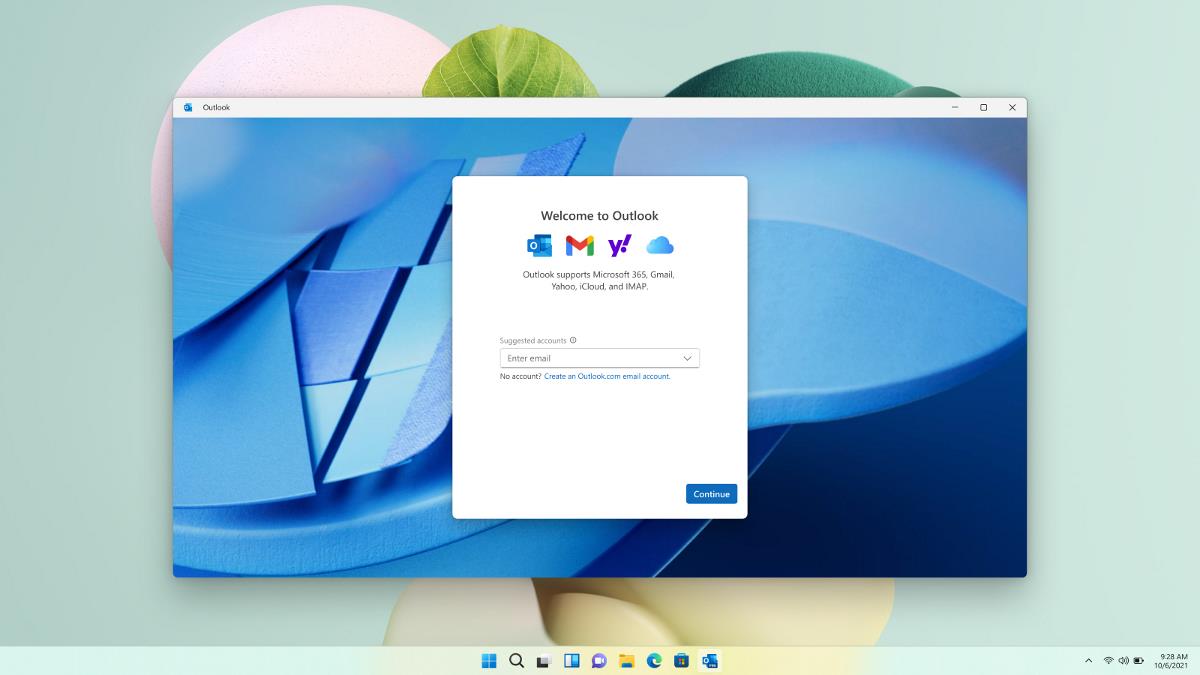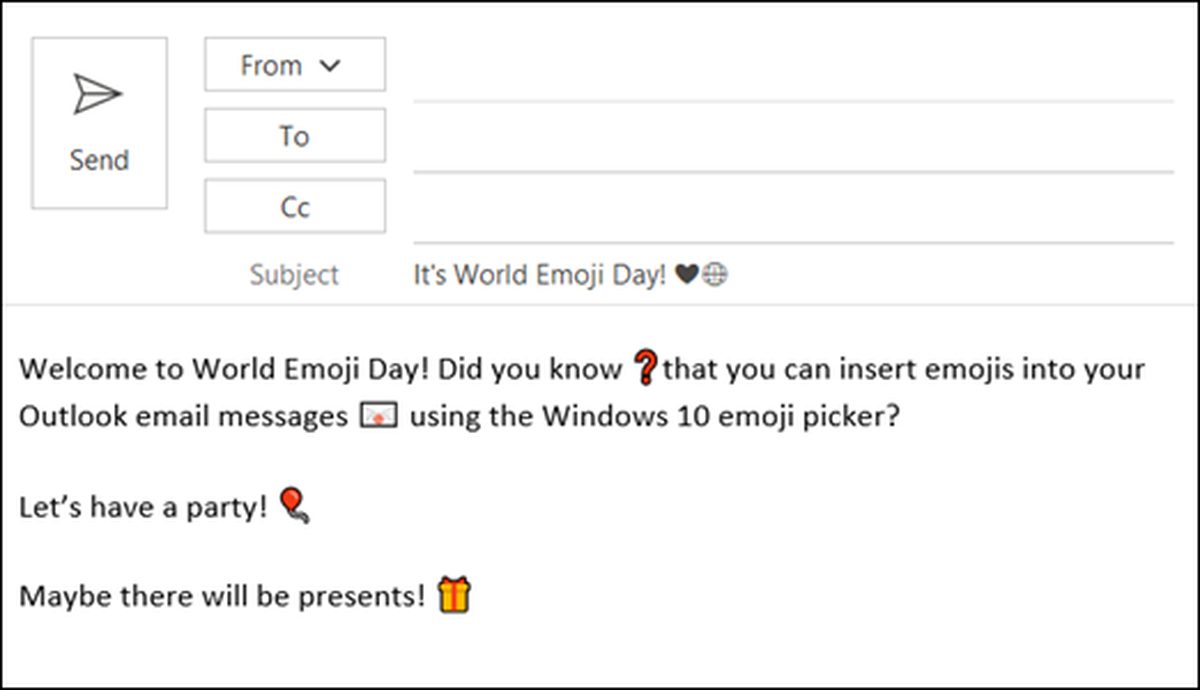Disaster Strikes Thousands of Microsoft Users as Outlook and Teams go Offline

It was only last week that we announced that Microsoft was planning to fire over 10,000 employees, apparently due to a feared upcoming recession. It looks like the tech giant is in for more disasters in 2023. Through the early hours of this morning, thousands of Outlook and Teams users reported multiple instances of services going offline.
We're investigating an issue affecting access to multiple Microsoft 365 services. We're working to identify the full impact and will provide more information shortly.
— Microsoft 365 Status (@MSFT365Status) September 28, 2020
Downdetector.com quickly detected and tracked outages as users started reporting the issues this morning. Based on the reports, UK Outlook users counted in at just under 5,000. It’s probably more at this time. The reports were mainly from Manchester, Birmingham, London, Norwich, Cardiff, Oxford, Brighton and other areas nearby.
As for Microsoft Teams, it affected users living in India and Japan. For the former, the number of complaints reached 3,900, while Japanese users called in at about 900. From what we can tell, it looks like it also affected the UAE and Australia. If you can still access your Teams servers, that means you’re ok.

The odd thing about these reports is that I’ve been seeing mentions of people returning to meeting in person now that Teams is down. That doesn’t really make sense, as you still have Skype, Google Meets, and other alternative platforms to use. There are also many other messaging apps available, such as WhatsApp and Telegram.
Strange reports aside, Microsoft has indicated that it’s working on resolving the problem. It mentioned it affecting other Microsoft 365 services, too. If you’re on Twitter, you’ll probably find your feed filling up with Tweets with people complaining about this issue, specifically with the #MicrosoftTeams tag.
Have any of you had any issues with Microsoft servers being down? Let us know in the comments.
Source: https://news.sky.com/story/teams-and-outlook-goes-down-for-thousands-of-microsoft-users-12794856
Advertisement





















on Monday 2/6, I lost 2 MS account accesses: outlook and hotmail. Spent the day going in loops to fix it-no luck. Code transfer sessions expired constantly. Called for MS Support through chat all day Tuesday- after 2 hours consultant closed case “UNRESOLVED”. I am desperate to retrieve my mail-locked up!
IRRESPONSIBLE< UNRESPONSIVE MICROSOFT NEEDS A BIG PUNISHING LAWSUIT!!!!!!
Confession: I’ve used Outlook for years. Yes you have to put up with each new version they force on you, but then I eventually get used to each one. No current outage problem here. However, I have noticed it slower and stupider the last couple years. Imo it’s because they jam every conceivable function into it someone might possibly want to use which slows loading time etc.
Ayu Harimau said on January 25, 2023 at 6:03 pm
Windows 7 is very unsafe and susceptible to exploits and malware attacks to a much greater degree than current and up to date version of windows. I recommend to use the lastest windows iteration.
11r20 says:
Win7-Pro today when used as a non-business OS is safer and easier to secure than any M$ product when used properly…(there are also high end firewalls that can be purchased for about $3000.00 that can secure any type of older outdated, unsupported system if used for bussiness purposes)
Telemetry, Teredo and more can be turned off in the Win7 services directory and there are several software applications that that will block over 1200 nefarious M$ connections.
When used properly a Win7 firewall will block any IP you add to it and all the above can be proven by using system wide monitoring and firewall software like NetLimiter-Pro.
But I digress.
Using words like “disaster” for some relatively minor service outage is proof of low quality journalism. This is truly disappointing for gHacks…
Glad I don’t use any Microsoft services..
Well .. If you insist on using Microsoft products and services this is what you should expect !
Peter Newton [London UK]
In the 1990s Microsoft’s slogan was “Where do you want to go today?”
Today it’s “Cloudy, with a chance of rain.”
lol.
Each new version of Windows erodes the “personal” in personal computer a little bit more.
“Disaster Strikes”
For most people, it does not rise to the level of “Disaster”. Dramatic much?
What happens if you’re coerced into using Microsoft’s subpar online services. Do not depend on the cloud. Always have an offline and on-premises version of your software available.
I haven’t encountered any of the mentioned Microsoft Outlook and Teams issues for simple reason : I don’t use any of Microsoft’s services and the Win7 OS itself limits as much as possible connections to Microsoft servers.
Quoting the article, “The odd thing about these reports is that I’ve been seeing mentions of people returning to meeting in person now that Teams is down.” : puzzling, interesting. Perhaps users roll on habits and/or dislike alternatives to these services because considered of lesser quality and/or because of a deep dislike of these competitors (anyone in love with Microsoft and in hatred with Google? lol)
As much as Microsoft planning to fire over 10,000 employees is an authentic human issue as much I wonder if this is in any way related to the Microsoft Outlook and Teams issues.
Windows 7 is very unsafe and susceptible to exploits and malware attacks to a much greater degree than current and up to date version of windows. I recommend to use the lastest windows iteration. Also data collected from Microsoft, I believe cannot be accessed by US government and three letter agencies without a warrent according to US laws. And this data is used for sales and marketing albeit with good security standards and following laws which does not target each individual individually but there are cohorts for an approximate number of people, though still it is not desirable. In that case minimize data collected using settings in windows without using any registry tweaker. All OS have telemetry these days, specially OS which is designed to run on a variety of hardware like Android and Windows. The better way if one is uncomfortable sharing data is to avoid more of the services from the same company and diversify, like use chrome but not Google search, which also brings variety in digital life and better usage.
Technically privacy is a part of security. So there is no privacy without security. And security is bigger and includes privacy. Just by practicing security in its entirety including lack of personally identifiable information and zero trust architecture one ensures privacy by default.
Since I alone cannot design and code my own hardware and OS and applications, trust is needed at the end of the day. Make them accountable. For that make government accountable. Using outdated and unvetted products is not a good security practices and thus a bad privacy practices too. Google and Microsoft collect data which is not desirable but that doesn’t spy and are not abusive and rapacious. Same problem with apple. Just use their OS Windows and Android for security as these are well examined and a lot of eyes are on them and use application softwares and services from other good vendors to diversify and reduce data collection. Privacy on internet is very much possible. It generally does not come by default and one do need to pay for things like services and softwares and must follow good security practices.
@Ayu Harimau, I mentioned Windows 7 incidentally when referring rather to Microsot’s products and services.
Now, referring to your comment, focusing on Microsoft’s OSs as well as on privacy on the net nowadays, I’m afraid I quite disagree and arguments fill the Web, be they yours as mine.
Security and privacy as one of its components, of course.
“Windows 7 is very unsafe and susceptible to exploits and malware attacks to a much greater degree than current and up to date version of windows.” … not sure. Latest Win10/11 are filled with gadgets that participate to security questions and consequently to privacy. Connections to 3rd-party apps is a major actor. Windows 7 on the other hand, carefully tweaked, offers far more privacy and even security is factual given a user doesn’t flirt with the web’s worst places, apps, code.
Of course Win7 is or will soon be history. Be noted that the trash of latest Windows OSs is such that many have adopted already or aim to choose Linux as the successor of their Win7/8, even non-technically skilled users.
As I see it we have two approaches regarding the Web, applications, Windows, their latest Ten and Eleven : one is that of conformism, that of what is taught in official, school, academic instances, that very one which embraces the mentalities of service engineers and technicians when called to fix a computer problem… the other being what hackers know and sometimes use for the worst : the insides. You even have companies which hire hackers to handle their digital security because aware that conformists who think, prevent and cure by the rules never really perform adequately to consider reality.
I’m afraid that nowadays security is explicitly described as such by companies which meanwhile implicitly correlate it to a substantial loss of privacy. Be noted that the privacy/security relationship is an eternal dialectic : increase security and decrease privacy when most of us too strictly bind both as proportional.
Remains an essential point : the device. I forget the IoT which is already a disaster and consider PCs and smartphones : the latter in terms of privacy/security bring a PC to a level of a enchantment. Serious highly technical studies show in what smartphones are an everlasting, discontinued process of connections to and from everywhere, even when set with basic options that only limit the inquisition. Those studies are brought to profanes by means of radio, tv dedicated programs, but no one ever thinks of living without their baby-smartphone. Hopeless. At least a PC is (or “was” with latest MS OSs) far more opened to user-instructed privacy enhancements.
Nowadays, IMO, the right equation to combine the unavoidable requirements of a digital world with a maximum extent of privacy is to avoid GAFAM products and services (hence no Windows in particular) together with a continuous effort to search, find, apply the best information one can find, either by surfing, reading and, best of all, exchanging with a true connoisseur, a hacker, a skilled white-hat who knows the undergrounds and advises you accordingly. We are for most of us, far, extremely distant for such schemes, aren’t we?